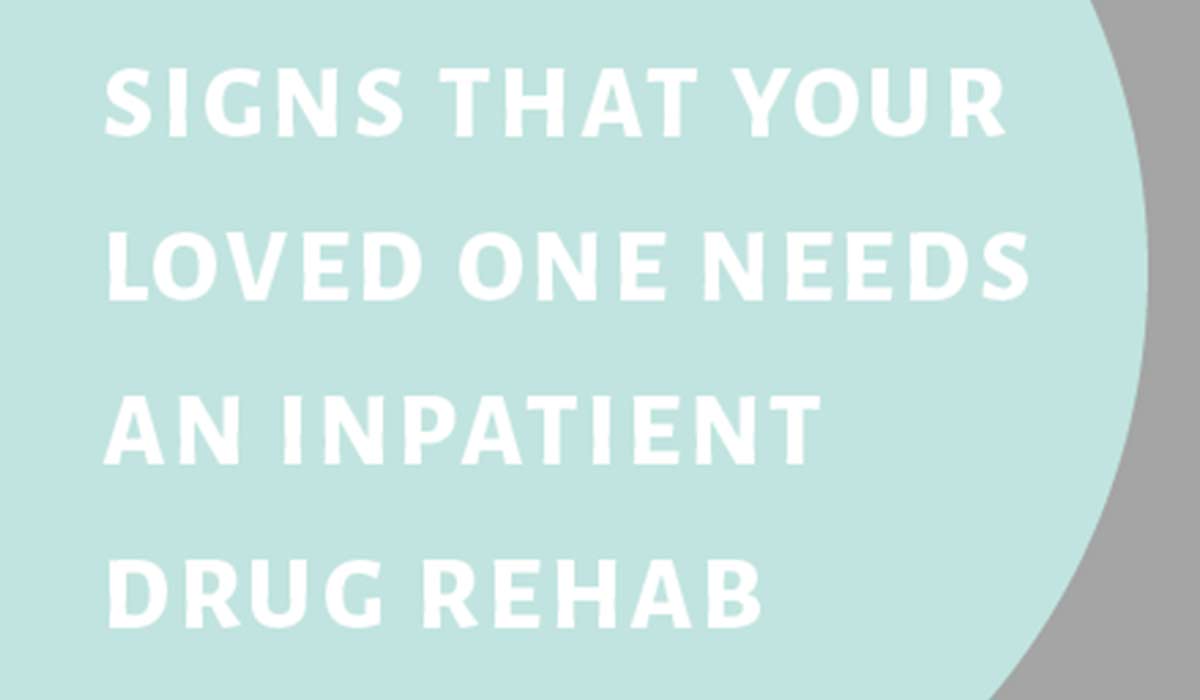Handling Triggers And Cravings After Drug Rehab
Handling Triggers And Cravings After Drug Rehab
Blog Article
Writer-Iversen Green
You've completed Drug rehab and taken a substantial action in the direction of a much healthier lifestyle. And now, facing triggers and desires post-rehab can be a tough journey. How do click the up coming webpage navigate with these minutes without endangering your progression? Comprehending the strategies to cope with triggers and food cravings is essential in preserving your soberness. Let's discover efficient methods to manage these obstacles and safeguard your newly found commitment to living a drug-free life.
Recognizing Triggers and Yearnings
To efficiently manage your triggers and desires, begin by acknowledging the scenarios or feelings that bring about your need to use. Take a minute to reflect on what situations or sensations trigger your cravings. Is it anxiety, monotony, social scenarios, or particular places? By identifying these triggers, you can much better prepare yourself to manage them.
Triggers can be both inner, such as adverse emotions or physical discomfort, and outside, like being around people who utilize materials or going to a specific location.
Take note of patterns in your food cravings-- are they more constant at particular times of the day or in action to particular occasions?
Building Healthy Coping Techniques
Recognizing your triggers and cravings is the primary step in the direction of building healthy coping strategies to handle them properly. When you're aware of what circumstances, feelings, or people trigger your cravings, you can start developing a plan to address them.
One effective method is to change unfavorable behaviors with positive ones. For example, if stress sets off desires, practicing leisure methods like deep breathing or reflection can aid. Participating in exercises such as workout or going for a walk can likewise be a wonderful method to deal with food cravings.
An additional crucial element of building healthy coping approaches is to create a supportive atmosphere. Border yourself with people who comprehend your trip and can provide motivation and responsibility. It's important to develop boundaries with individuals who might not sustain your recuperation.
Additionally, creating a routine that consists of healthy behaviors like normal exercise, correct nourishment, and enough rest can assist you stay on track and decrease the possibility of experiencing triggers and yearnings.
Seeking Assistance and Accountability
Producing a network of encouraging people who can offer support and hold you liable is crucial in managing triggers and food cravings successfully. Seek pals, member of the family, or a support group that understand your trip and can provide advice when you face challenging situations.
Having a person to speak with throughout moments of temptation can make a considerable distinction in remaining on track with your recuperation. Responsibility companions can assist you stay concentrated on your objectives and remind you of the reasons you selected to seek help to begin with.
They can also assist in creating an organized plan to deal with triggers and desires, such as creating different tasks or dealing mechanisms to replace the urge to utilize medicines. Discover More -ins with your support group can give peace of mind and motivation, assisting you really feel less separated in your healing trip.
Final thought
Bear in mind, acknowledging and coping with triggers and desires after Drug rehab is a key part of keeping soberness.
By determining your triggers, constructing healthy and balanced coping approaches, and looking for assistance from enjoyed ones or support system, you can browse via challenging minutes and remain focused on your sobriety goals.
Bear in mind, you aren't alone in this trip, and with the right devices and support, you can get over lures and live a satisfying, drug-free life.
Remain strong and keep moving on.
